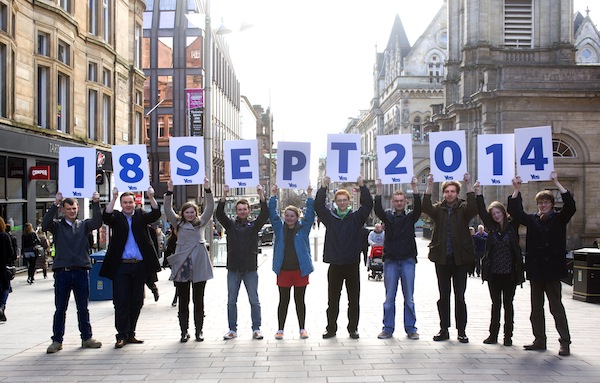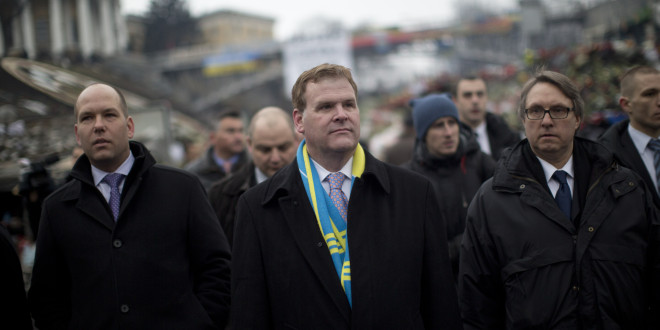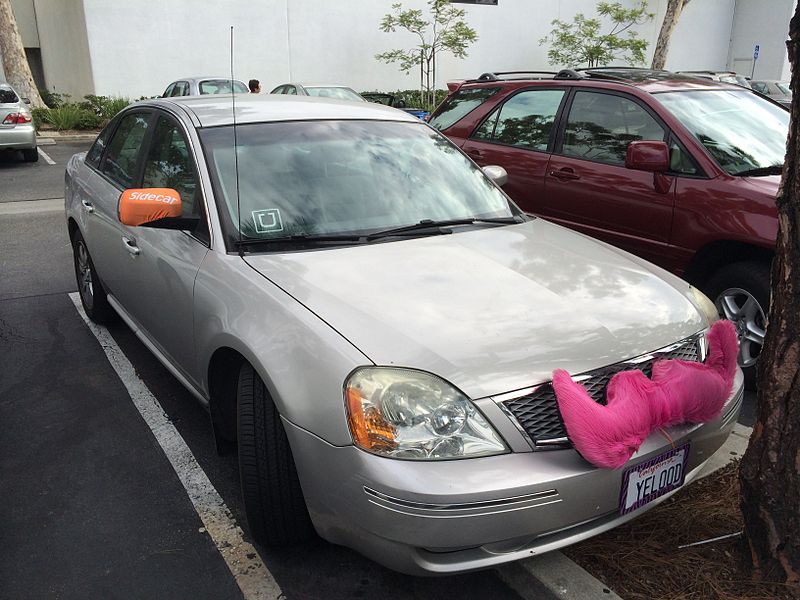On 12 June 2014, the Ontario election revealed a sudden reversal in the Canadian province’s usual voting turn out. For the past two decades, Ontario has continued to have a declining voting turnout pattern. The increase at the polls this election, although a positive sign for Canada’s democratic deficit, is hardly enough of a step in the right direction. Just over half of the province checked off their ballots, a considerably low count for a nation that prides itself on democracy.
The day after the 2014 elections, Elections Ontario stated that 52.1 per cent of the province’s eligible voters had cast their votes, in increase from the 48.2 per cent in 2011. In other words, the non-partisan body estimated that 4.8 million Ontarians had made their way to the polling stations, ultimately determining a Liberal majority government. But what about the remaining 47.9 per cent?
In 1990, over 64.4 per cent of citizens voted in the provincial elections. The following two decades marked a steady decrease in voter turnout. Many political scientists cite the “free rider” problem as the main issue behind these lower numbers. After all, why would individuals take it upon themselves to act when they have the ability to benefit from collective action?
Some have also argued that a general lack of interest in politics is at fault. Others suggest that professional careers and busy schedules are significantly responsible for unused booths. Although this democratic deficit is a concern for all Canadians, there is a particular apprehension for youth.
Younger Canadians have notoriously avoided the polls despite many of them having reached the official voting age (18 years). Youth rarely mobilise themselves for elections or political participation unless they feel directly affected. For instance, one might note a greater participation on their behalf should tuition hikes become a political issue.
A concrete example of this occurred in Quebec two years ago. As the province attempted to increase tuition costs, students across Quebec took to social media to spread the word and band together in protest. More than 62.2 per cent of Quebec’s youth voted in 2012, a drastic increase from the 36.2 per cent in 2008. One can easily see that the power of the youth vote should therefore not be understated. In fact, the youth vote has been so critical that in some parts of the world, politicians have expressly lowered voting age — as was done in Scotland.
Scottish citizens between the ages of 16 to 24 represent nearly 12 per cent of the country’s population. Recent studies have indicated that the youth of Scotland hold a different perspective from previous generations, identifying with both Scottish and British identities.
On 18 September 2014, Scotland will be holding an unprecedented referendum. The country is to decide if it will remain a part of the United Kingdom or become an independent country. There is no denying that the country and its surrounding neighbours kicked off vigorous campaigns this summer, the referendum being less than a hundred days away.
The Better Together Campaign — which has opposed independence — and the Yes Campaign have both attempted to tap into the Scottish youth population. In 2012, the Scottish National Party leader Alex Salmond held negotiations with British Prime Minister David Cameron, asking that the voting age be lowered to 16.
Scottish citizens between the ages of 16 to 24 represent nearly 12 per cent of the country’s population. Recent studies have indicated that the youth of Scotland hold a different perspective from previous generations, identifying with both Scottish and British identities. This unique position has turned the youth vote into the ultimate deal breaker. Campaigners have therefore held mock referendums through universities, town meetings and even popular music to encourage the youth to voice their concerns before this coming fall.
Celebrities are also playing a role in the debate. Just last week, it was announced that famous British author, J.K Rowling would be supporting the Better Together campaign with a generous, 1.8 million dollar donation. Known across the world for her young-adult Harry Potter series, the famous author could heavily influence the results of the upcoming referendum. Rowling has gone as far as calling the independence group “very Death Eaterish”, referring to the elite and sinister group of pure-blooded witches and wizards portrayed in her series.
Rowling’s utilisation of her celebrity status is but another mechanism promoting youth involvement. High schools and Universities around Scotland have also attempted to inform students on the issue. Thus far, all aggregated campaigns have proven very successful. Nearly 80 per cent of 16 to 17 year olds have registered to vote this September. This number is extraordinary compared to the mere 38.2 per cent of Scottish citizens between the ages of 18 to 24 who registered in 2005.
The only question left now is: who will the youth vote for? Studies indicate that separatist feelings have been on a steady decrease in both Quebec and Scotland. In fact, the “Bloc Québécois”, a party strongly in favour of Quebecois sovereignty, lost this year’s earlier election. Only the older generations, it seems, continue to use the “us vs. them” argument. However, will a similar trend be seen amongst the Scottish youth? Are the latter keen on preserving a historic partnership, or do they believe the time is ripe for a long overdue divorce?
Either way, Scotland’s ability to promote political dialogue through music, entertainment, social media, and educational institutions should act as an inspirational model for other countries dealing with a dwindling youth vote. Regardless of what September holds in store, the country has shown itself to be very serious about involving all citizens in an unprecedented and momentous decision.





